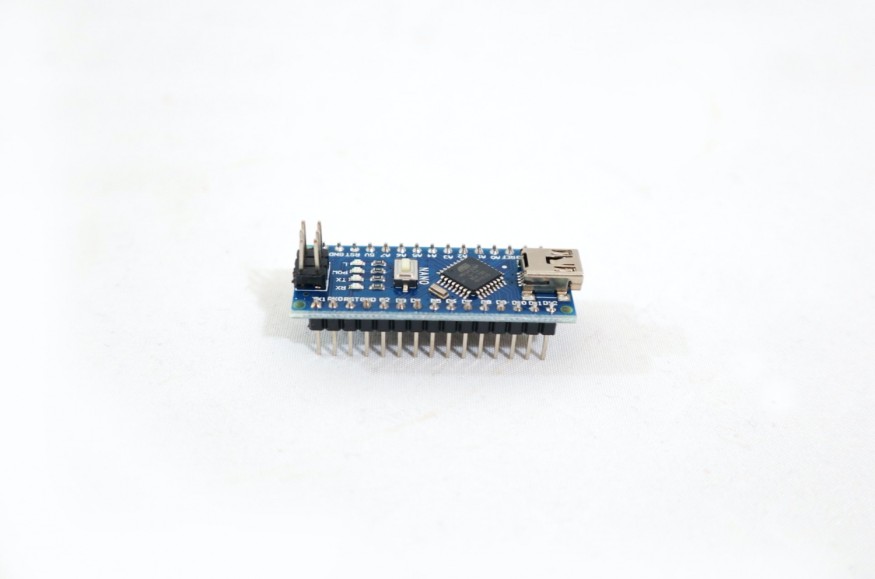
Technology and medicine have been growing hand-in-hand for decades now. Medicine wouldn't be as advanced as it is if it wasn't for the technology we see today. The two continue to change, with even better advancements being seen almost every day.
Everything from artificial intelligence to data capture software is being transformed and used to create new and better ways to treat people. Here are some of the medical advancements we are seeing thanks to modern technology.
Artificial Intelligence for Treatment Plans
AI is being used across medicine, but one area that is seeing tremendous change thanks to it, is within treatment plans. AI programs are able to scan millions of pages of medical records, research, studies, etc., and then formulate treatment plans.
This is especially helpful when creating medicine, as the AI program can create personalized medication for each patient. This allows for quicker treatment, as well as almost eliminating the possibility of an adverse reaction to the medication.
Wearable Technology
We have seen wearable tech for a few years now; things like FitBits and Apple Watches. However, this technology is only getting better and will be able to track far more than just your steps or heart rate.
Sugar and oxygen levels, blood pressure, hydration levels, etc., will also be tracked through a wearable device. This will give users far more insight into their body, as well as provide an early warning for a heart attack or stroke.
Nanotechnology
Nanotechnology may seem like something from a sci-fi film, but many developers have already created micro-robots that are able to detect and destroy deadly cells, such as cancer.
These robots also have the power to do so much more, such as delivering healthy blood cells or medicine directly to an internal wound or healing said wounds without ever having to perform surgery.

Robotics
On the topic of robotics, robotic suits, exoskeletons, and limbs have been in development for years. We already see robotic prosthetics that give those who have lost a limb an almost exact mechanical replica.
Robotic suits are also helping those who are paraplegic or quadriplegic to walk again. Developers and scientists are also looking into placing sensors on certain muscles and parts of the body that react and allow the wearer to "use" those muscles again.
3D Printing
3D printing has quickly become one of the most important medical advancements, especially in organ transplants. Printing organs is not only possible but has also been proven to be a more than sufficient replacement for "regular" organs.
Beyond organs, you can also 3D print implants, which are not only just as strong and long-lasting as regular implants but are also much cheaper. This cuts down the price of hip joint replacements, bone replacements, and everything in between.
Virtual Reality Surgery
There are still dozens of countries that don't have access to world-class surgeons, but virtual reality is aiming to change that. Instead of sending surgeons around the world, you can send a robot with multiple arms and tools.
This robot is controlled by a surgeon from anywhere in the world, and they can perform surgeries on patients.
Internet of Everything
The Internet of Everything is a concept that describes everything around being connected online. With this concept, there are almost endless possibilities in the field of medicine, many of which can help save lives.
Being constantly connected allows for multiple aspects of your life to be continuously monitored, such as your water intake, sleep, exercise, etc. This is particularly helpful for those recovering from something, as you are always aware of what you should be doing and when.

Online Medical Help
Online medical and mental help has grown dramatically over the past few years. More and more doctors, hospitals and medical practices, and businesses are realizing they need to be available online at all times.
Mental health is an area that is still stigmatized, and being able to access a mental health professional from the comfort of your own home makes it much easier for some to seek help. Online help is also much more affordable and accessible than an appointment and sets patients on the right path from the start.











